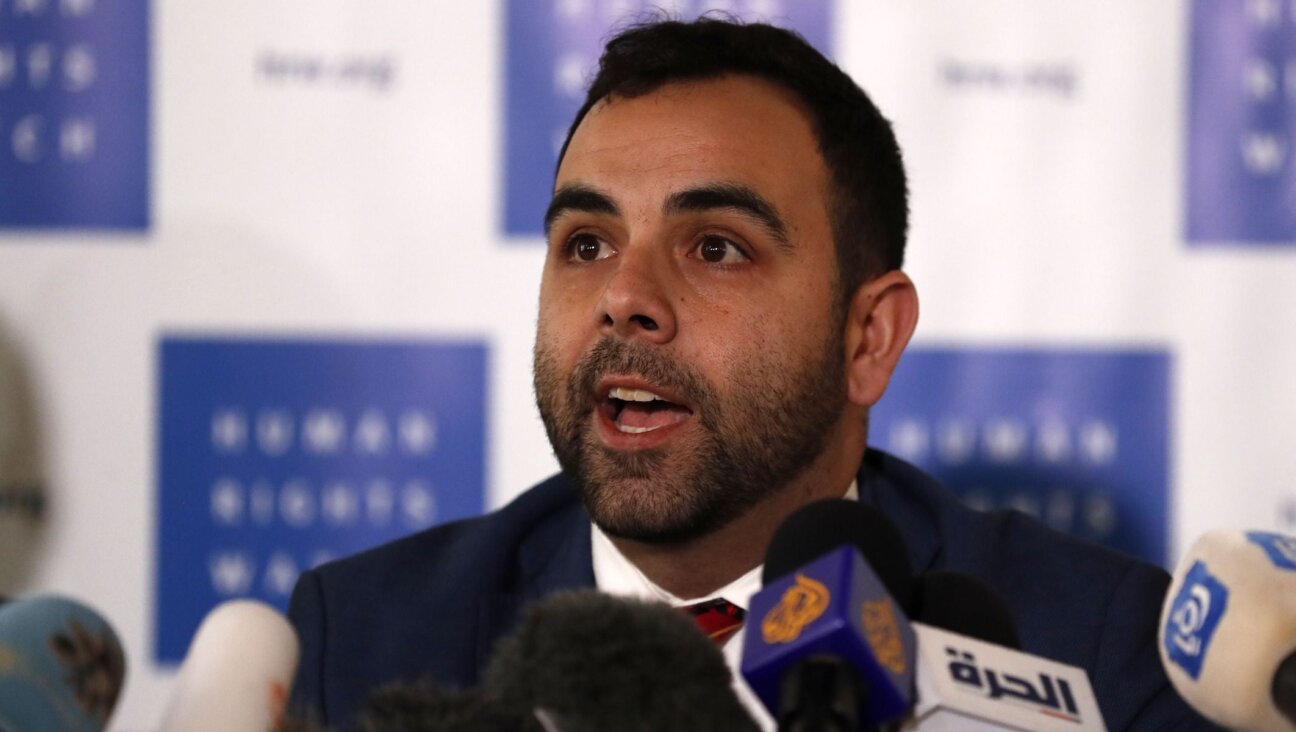Thunder in Gaza
It’s hard not to notice the huge imbalance between Israel’s large-scale actions in Gaza in the past two weeks — bombing bridges, government offices and a university; leaving half the population without power; rounding up elected officials — and the ostensible goal of the operation, rescuing a single hostage.
The actions have won Israel growing condemnation and cast the Palestinians, the initial aggressors in the affair, into the role of victims. The result is a slow but steady erosion in international sympathy for Israel, a critical asset in a protracted diplomatic standoff.
Israeli policy-makers argue that they had little choice but to take forceful steps. Palestinian militants needed to know that their actions would bring consequences. Threats would have been meaningless if they had not been backed up by actions to give them credibility. Indeed, more than a few outside commentators have noted that Israel acted with relative restraint, choosing targets whose destruction would cause maximum inconvenience with minimum loss of life.
Still, few can view without wincing the sight of tanks and jets thundering into one of the world’s poorest districts, knocking out the main power plant and key bridges, cutting off movement and turning thousands of civilians into virtual hostages. If that is what Israel does as a first step in this hostage standoff, what is its plan for the next one? Does anyone in Jerusalem think that such activities will reduce the inclination of the Palestinian population to countenance attacks on Israel?
The arrests of Hamas politicians are a very different matter, however similar the international response might be. The Palestinian Authority is not a sovereign state; it was created by agreement between Israel and the Palestine Liberation Organization to act as a self-governing agency on territory that remains, by international law, under the legal rule of the Israeli occupation that began in 1967. The Israeli army will remain the legal sovereign until a new sovereign is brought in under some new international agreement that has yet to be conceived. In the meantime, the very idea of a leadership taking office and using the tools Israel has established for the purpose of destroying Israel is ludicrous.
Hamas and its sympathizers have argued that the group’s election to office changed the equation. It was suggested that the duties of office would gradually moderate the organization’s stance toward Israel. So long as they observed a cease-fire, it was legitimate to insist that Israel give them time to evolve. Once their organization opened fire, however, the clock ran out. Hamas and its leaders became outlaws by any legitimate standard, and fair targets for arrest.
Israel’s goal in withdrawing from Gaza last year was to begin a process of disengaging from the Palestinians, with the aim of creating two separate societies living side by side. The goal of the terrorists who kidnapped Gilad Shalit and bombarded Ashkelon this week is to foil that plan, to draw Israel back into Gaza and wreck any possibility of coexistence. Hamas’s goal, if it ever intended to become a responsible governing authority, should have been to block the spoilers. But it did not.
Israel, for its part, must not let its short-term operational goals blind it to its long-term interests. Israelis must separate from Palestinians if the Jewish state is to survive. The events of the past week are a reminder that fencing off Israel from Palestine will not succeed unless there is a viable, reasonably governed Palestine on the other side of the fence. Israel will not do itself any favors if its current operations leave its neighbor even less governable, and less inclined to coexistence, than it was before.
















